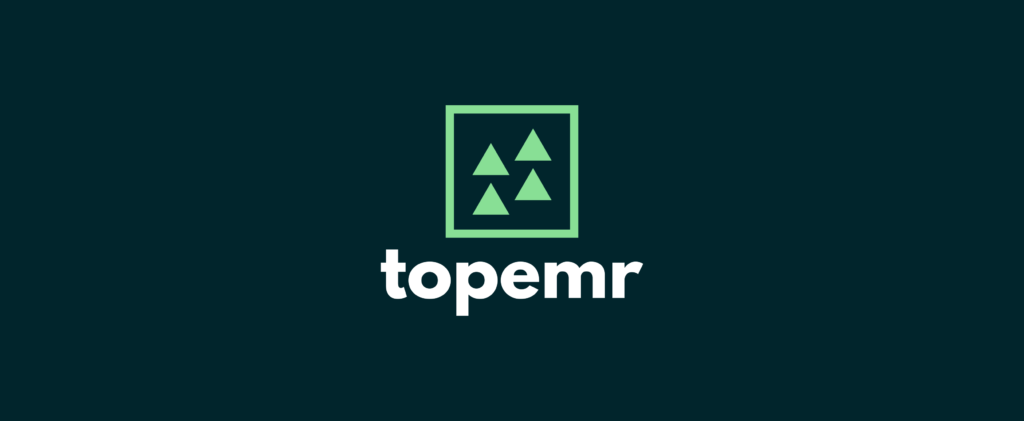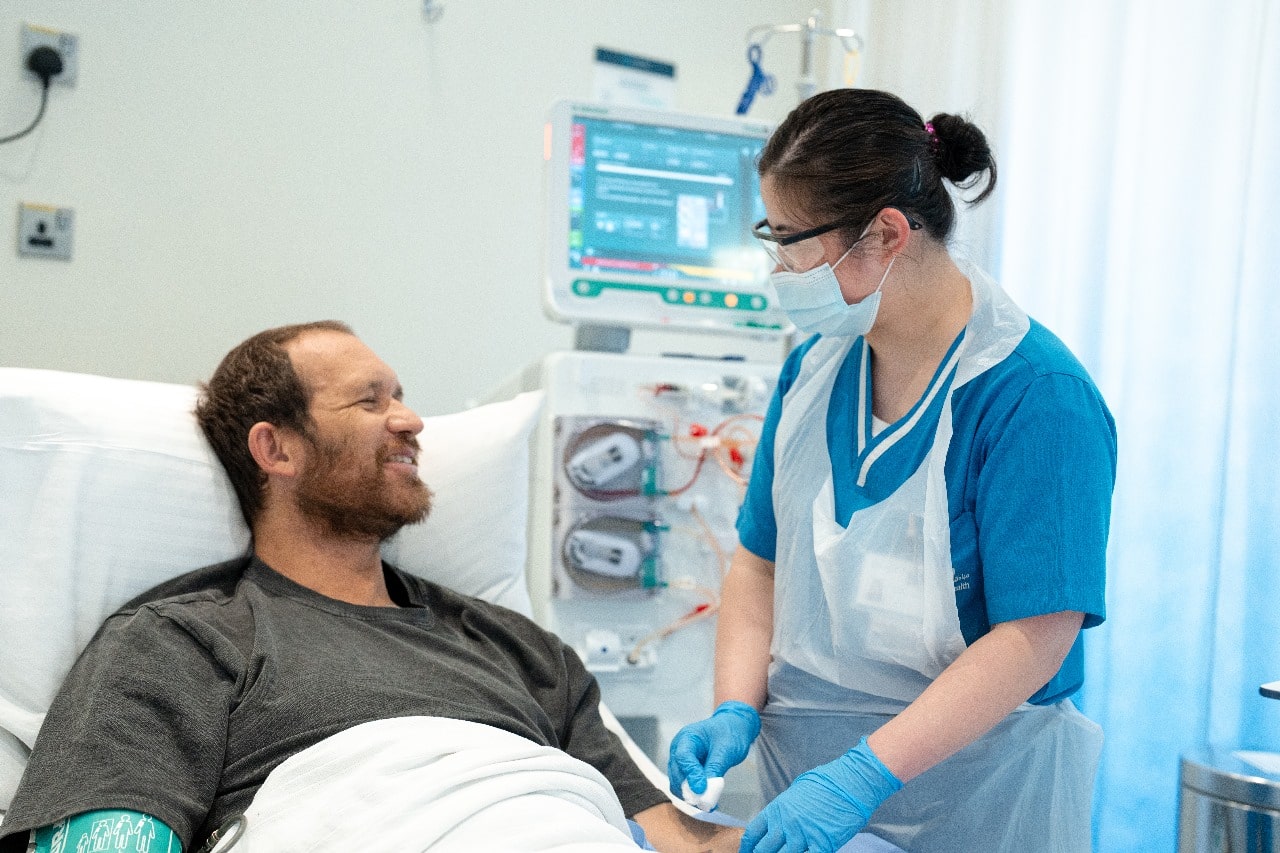Introduction: Why Dubai Is at the Forefront of Dialysis Transformation
Dubai is positioning itself as a global hub for advanced healthcare. With rising cases of chronic kidney disease and increasing demand for dialysis services, the emirate is under pressure to expand dialysis capacity while meeting the stringent compliance standards set by the Ministry of Health (MOH) and insurers.
The challenge? Traditional, manual, and fragmented systems cannot keep pace. Clinics that rely on Excel sheets for scheduling, paper forms for consents, and siloed systems for billing or inventory management are running into costly inefficiencies. More importantly, they risk non-compliance and patient dissatisfaction—two factors that can derail growth in a region where both regulators and patients expect world-class service.
Clinicea, a dialysis-focused SaaS platform, has emerged as a critical enabler. By combining electronic medical records (EMR), compliance automation, smart scheduling, real-time patient feedback, and inventory control, it allows dialysis providers in Dubai to deliver care that is not only clinically strong but operationally resilient.
1. Patient Feedback as a Strategic Asset
The LinkedIn article makes one thing clear: patient satisfaction isn’t “soft data”—it’s a performance indicator.
In dialysis, patients are tethered to clinics for years, often multiple times per week. Their experience is directly tied to trust and retention. In Dubai’s competitive private healthcare sector, retaining a patient for years can mean millions in predictable revenue.
The Problems with Traditional Feedback in Dubai Clinics
- Paper forms go missing or are filled half-heartedly.
- Complaints are logged manually, rarely linked to patient records.
- Delayed reviews mean clinics fix issues weeks later, after patients already lose trust.
The Digital Fix with Clinicea
- Automated triggers: Patients receive SMS or portal-based forms immediately post-session.
- Real-time dashboards: Feedback flows directly into admin panels, enabling same-day interventions.
- Audit-ready logs: Complaints and resolutions are timestamped—crucial for MOH and insurer audits.
Clinics in Dubai using such digital-first approaches have reported not only fewer complaints but also higher chair utilization rates, as happier patients show up consistently.
2. Compliance: The Hidden Cost of Getting It Wrong
TopEMR.ae highlights repeatedly that audit failures are the #1 reason dialysis clinics lose revenue in the UAE. Unlike other medical audits, dialysis inspections scrutinize every detail—consent forms, session flowsheets, inventory deductions, and billing claims.
Where Dubai Clinics Stumble
- Lost or unsigned consents during surprise inspections.
- Late data entry that appears fraudulent.
- Billing mismatches between consumables used and charges claimed.
- Generic EMRs missing dialysis-specific fields like vascular access logs or RO water quality records.
How Clinicea Solves Compliance in Real Time
- Consent workflows with eSignatures (legal, timestamped, immutable).
- Dialysis-native EMR with mandatory fields for every session step.
- Bin-to-billing automation linking every consumable used to billing codes.
- Export-ready dashboards that let managers respond to MOH queries in minutes, not days.
For Dubai operators, this means audit safety by design, not by scramble.
3. Smart Scheduling: The Dubai Utilization Challenge
Chair utilization is the single biggest efficiency metric in a dialysis unit. In Dubai, where land, machines, and staffing come at a premium, an empty chair is not just lost revenue—it’s wasted capacity.
The Current Issues
- Clinics using Excel or manual logs leave gaps in schedules.
- No-show patients waste slots, with no quick mechanism to refill.
- Staff burnout increases when reminders and rebookings are handled manually.
Clinicea’s Scheduling Advantage
- Machine-linked appointments prevent double-booking.
- Automated SMS reminders via CallBox reduce no-shows by up to 25%.
- Instant rescheduling flows ensure canceled slots are reused effectively.
- Real-time dashboards give visibility across multiple Dubai units, vital for larger networks.
One Dubai clinic reported a 32% increase in chair utilization in under a month simply by moving to Clinicea’s smart scheduling system—without hiring new staff or adding machines.
4. Inventory: Why Consumable Tracking Defines Profitability in Dubai
Dubai’s healthcare costs are high, and consumables in dialysis—dialyzers, lines, and dressings—account for a significant portion of overhead. Mismanaged inventory translates directly into financial leakage.
Pain Points in Dubai Clinics
- Stockouts delay or cancel patient sessions.
- Expired consumables are discovered only after audit penalties.
- Phantom shortages due to manual reconciliations.
The Clinicea Solution
- Barcoding & batch tracking to monitor expiry and lot numbers.
- Auto-deduction at chairside ties consumable use directly to billing.
- Cross-site visibility for multi-unit networks in Dubai—managers can transfer stock before shortages hit.
By automating stock management, clinics eliminate guesswork. One operator saw a 15% drop in billing errors after implementing Clinicea inventory controls.
5. Scaling in Dubai Without Duplicating Chaos
Dubai’s healthcare regulators are actively encouraging private providers to expand capacity. But scaling a dialysis network from one to multiple units often doubles complexity if workflows aren’t standardized.
Common Scaling Roadblocks
- Inconsistent EMRs across sites.
- Disjointed billing codes and claims.
- Staff retraining burdens for every new clinic.
Scaling with Clinicea
- Standardized EMR rollouts across sites—every new clinic inherits existing workflows.
- Unified billing & compliance frameworks ensure consistency.
- Centralized dashboards allow leadership to monitor chair utilization, no-shows, AR aging, and patient feedback across all Dubai clinics.
Multi-site groups like Kidney Solutions and African Healthcare Network have proven this playbook globally. Dubai operators now have the chance to replicate that success locally.
6. Real-Time Feedback as the Competitive Edge in Dubai
The real differentiator, however, comes full circle: feedback.
In Dubai’s patient-centric market, reputation drives growth. Clinics that integrate real-time feedback into their daily operations not only reduce attrition but also build trust with insurers and regulators.
By embedding feedback into its unified EMR, Clinicea transforms patient voices from afterthoughts into operational drivers. This aligns with Dubai’s wider healthcare vision: world-class clinical standards, enhanced patient experience, and data-driven governance.
Conclusion: Building the Future of Dialysis in Dubai
Dubai’s dialysis landscape is evolving rapidly. Clinics that continue with manual logs, Excel sheets, or siloed EMRs will struggle to remain compliant, profitable, and patient-friendly.
The future belongs to clinics that integrate:
- Real-time patient feedback to guide quality.
- Compliance workflows that make audits stress-free.
- Smart scheduling that maximizes scarce resources.
- Inventory automation that protects margins.
- Scalable systems that enable confident expansion.
Clinicea provides the digital backbone to achieve all of this—purpose-built for dialysis, trusted by leading providers globally, and primed for Dubai’s ambitious healthcare future.
For dialysis clinics in Dubai to scale with confidence and compliance, real-time digital systems like Clinicea EMR combined with NABIDH Connected compliance help ensure actionable feedback, operational integrity, and regulatory alignment.
Attached LinkedIn Article:
Why Real-Time Feedback from Dialysis Patients Matters — and How to Capture It – https://lnkd.in/grzR4kBr


Leave a Reply